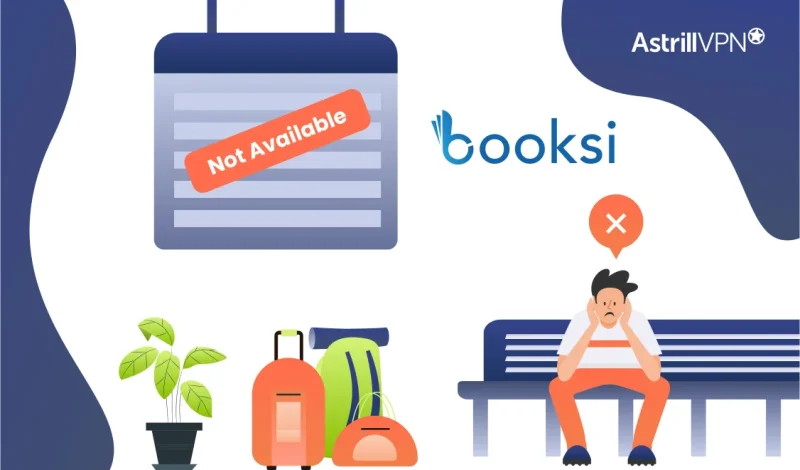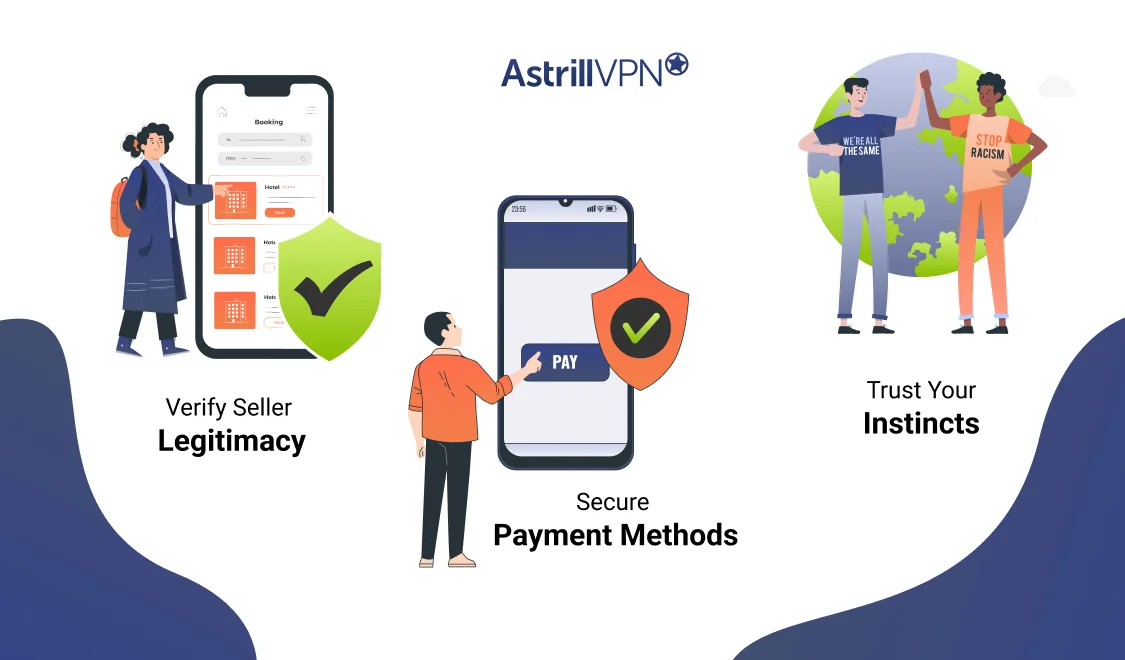Booksi Scam Alert: Strategies to Avoid Falling Victim

Bisma Farrukh

Have you heard about the Booksi scam that’s been making waves online? As an avid reader, you may be tempted by deals that seem too good to be true. Unfortunately, scammers are targeting unsuspecting bibliophiles through fake websites and social media accounts. These fraudulent operations promise rare books and incredible discounts, only to leave you empty-handed and out of pocket. In this article, you’ll learn how to identify the telltale signs of the Booksi scam and equip yourself with strategies to avoid falling victim.
Table of Contents
What is the Booksi Scam?
The Booksi scam is a deceptive online scheme that preys on unsuspecting book lovers and aspiring authors. Fraudsters create fake websites or social media profiles posing as legitimate publishing companies. They often promise aspiring writers lucrative book deals, publishing contracts, or promotional services for an upfront fee. However, these promises are hollow, and victims end up losing their money and potentially valuable intellectual property.
These scammers may also target readers by offering non-existent rare books or heavily discounted bestsellers. They might use phishing tactics to steal personal and financial information. It’s crucial to be vigilant and research thoroughly before engaging with any online book-related services or deals that seem too good to be true.
Is booksi legit?
When evaluating Booksi’s legitimacy, it’s crucial to approach with caution. While some online booking platforms are reputable, others may be fronts for scams.
- To determine Booksi’s authenticity, thoroughly research the company’s background, including its registration details and physical address.
- Look for verified user reviews on independent platforms, as these can provide valuable insights into others’ experiences.
- Be wary of deals that seem too good to be true, as they often are. Check for secure payment methods and clear refund policies.
- Additionally, scrutinize the website for professional design, grammatical errors, and contact information. Remember, a legitimate business should have a transparent online presence and responsive customer service.
Is booksi trustworthy?
When considering Booksi’s trustworthiness, it’s crucial to approach it with caution. While some online platforms may appear legitimate, scams can often lurk beneath the surface.
- To determine Booksi’s reliability, thoroughly research user reviews and experiences across multiple independent websites.
- Look for consistent patterns in feedback, both positive and negative. Check for verified business credentials, such as registration details and physical addresses.
- Examine their website for professional design, clear contact information, and transparent policies. Be wary of unrealistic promises or pressure tactics.
- Remember, a trustworthy company values customer security and provides clear, honest communication. If doubts persist, it’s wise to seek alternatives or consult consumer protection agencies before engaging with the platform.
Common Tactics Used in the Booksi Scam
The Booksi scam employs several deceptive strategies to lure unsuspecting victims.
- One prevalent tactic is the use of fake websites that mimic legitimate online bookstores, complete with convincing product listings and attractive discounts.
- Scammers often create a sense of urgency through “limited-time offers” or “exclusive deals” to pressure victims into making hasty decisions.
- Another common ploy involves phishing emails purportedly from Booksi, requesting account verification or offering enticing promotions.
- These emails typically contain malicious links designed to steal personal information.
- Additionally, scammers may use social engineering techniques to manipulate victims into divulging sensitive data or making payments to fraudulent accounts.
Is booksi a scam?
When evaluating the legitimacy of Booksi, it’s crucial to approach with caution. While not all online booking platforms are fraudulent, some red flags may indicate potential scams. Be wary of deals that seem too good to be true or pressure tactics urging immediate action. Legitimate businesses typically have verifiable contact information and a robust online presence.
Research and verify
Before engaging with Booksi, thoroughly research the company. Look for customer reviews, check their registration status, and verify their physical address. Be cautious of websites with limited information or those requesting excessive personal data.
Trust your instincts
If something feels off about Booksi’s offerings or communication style, trust your gut. Reputable companies prioritize transparency and customer satisfaction. Always prioritize your safety and financial security when dealing with unfamiliar online platforms.
Strategies to Avoid Falling Victim to the Booksi Scam

Verify Seller Legitimacy
Before making any purchases on Booksi, thoroughly research the seller. Check their profile for reviews, ratings, and transaction history. Be wary of newly created accounts or those with suspiciously positive feedback. Additionally, cross-reference the seller’s information with other platforms to ensure consistency.
Secure Payment Methods
Always use secure payment methods provided by the platform. Avoid direct transactions or payments outside the official Booksi system. Be cautious of sellers requesting alternative payment methods, as this is often a red flag for potential scams.
Trust Your Instincts
If a deal seems too good to be true, it probably is. Be skeptical of unrealistically low prices or sellers pressuring you to make quick decisions. Take your time to evaluate offers, and don’t hesitate to ask questions or request additional information before committing to a purchase.
Steps to Take if You’ve Been Affected by the Booksi Scam
If you suspect you’ve fallen victim to the Booksi scam, take immediate action to protect yourself.
- First, contact your bank or credit card company to report the fraudulent charges and request a chargeback.
- Next, file a complaint with the Federal Trade Commission (FTC) and your local law enforcement agency.
- Be sure to gather all relevant documentation, including emails, receipts, and screenshots of transactions.
- Consider placing a fraud alert on your credit reports to prevent further unauthorized activity.
- Change your passwords for any accounts associated with the scam, and monitor your credit reports closely for suspicious activity.
- Finally, stay vigilant and educate yourself about common online scams to avoid future incidents.
Conclusion
Staying vigilant and informed is your best defense against the Booksi scam and similar fraudulent schemes. By implementing the strategies outlined in this article, you can significantly reduce your risk of falling victim. Remember to always verify the legitimacy of online platforms, scrutinize deals that seem too good to be true, and protect your personal and financial information. Stay updated on the latest scam tactics and share your knowledge with others to help combat these fraudulent activities. With caution and awareness, you can safely navigate the online marketplace and enjoy genuine deals without compromising your security.
FAQs
Booksi’s legitimacy is questionable. While they claim to offer book-related services, numerous customer complaints and lack of transparency raise red flags. It’s crucial to research thoroughly before engaging with any unfamiliar company.
To safeguard yourself, always verify a company’s credentials, read customer reviews, and be wary of deals that seem too good to be true. Use secure payment methods, never share personal information unnecessarily, and trust your instincts if something feels off. Remember, legitimate businesses won’t pressure you into quick decisions.
If you suspect you’ve been scammed, act quickly. Contact your bank or credit card company immediately to dispute charges. Report the incident to local authorities and file a complaint with the Federal Trade Commission (FTC). Document all communications and gather evidence to support your case.

No comments were posted yet